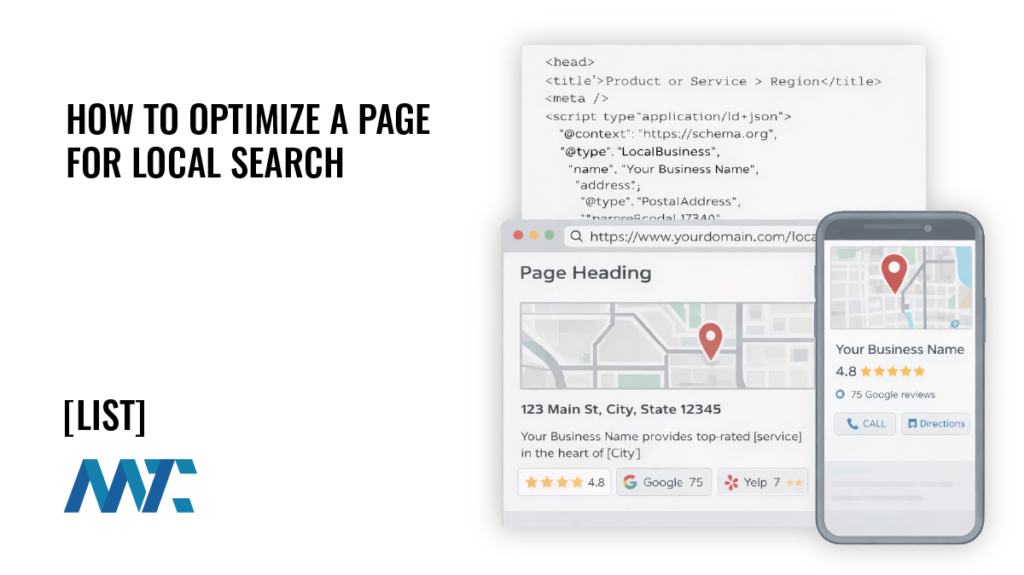Is Anyone Asking Ask.com?

As of December 2024, Ask.com ranks as the #1,410 website in the United States, with an estimated 16.32 million monthly visits, according to Semrush data. Globally, it has historically reached significant audiences, boasting 100 million monthly users in 2012 through its website and mobile apps.

While recent data less precisely document its current global reach, Ask.com remains a notable player in the online services category. However, it has a much smaller market share than giants like Google or Bing. Its traffic reflects a niche but still substantial user base, likely driven by its focus on question-and-answer (Q&A) functionality rather than broad web searching.
Ask.com Differentiators from Other Search Engines
Ask.com sets itself apart from mainstream search engines like Google, Bing, or Yahoo through its unique approach to search, rooted in its origins as Ask Jeeves in 1996. Here are its key differentiators:
- Question-and-Answer Focus: Unlike traditional search engines that prioritize keyword-based results, Ask.com emphasizes providing direct answers to natural language questions. This harkens back to its early days as a Q&A platform, where users could pose queries like What is Web 2.0? and receive curated responses. Even today, it leverages Smart Answers—a blend of automated data mining and human editorial oversight—to deliver concise, relevant answers for over 20% of its search terms across hundreds of categories.
- ExpertRank Algorithm: Historically, Ask.com distinguished itself with its proprietary ExpertRank algorithm (originally from its Teoma acquisition in 2001). Unlike Google’s PageRank, which relies heavily on link popularity, ExpertRank aimed to rank results based on subject-specific authority within topic communities or clusters. It prioritized expertise over sheer volume of links, requiring complex, real-time calculations that other engines typically didn’t perform. While Ask.com no longer crawls the web itself (more on that below), this focus on authority shaped its editorial flavor.
- User Experience Features: Ask.com has offered unique tools like the Toolbox (introduced around 2006), providing vertical search options such as maps, images, weather, and blog searches via Bloglines (an Ask-owned service). It also pioneered features like page previews (via binoculars) and a customizable interface, giving users more control over their search type from the outset.
- Niche Evolution: Since 2010, Ask.com has pivoted away from competing as a general-purpose search engine and doubled down on Q&A. This shift reduced scope but carved out a distinct identity, targeting users seeking quick, digestible answers rather than exhaustive web indexes.
Compared to Google’s broad, data-driven personalization or Bing’s AI-enhanced Copilot, Ask.com’s editorial curation and Q&A emphasis offer a less personalized but more guided experience. It lacks the privacy focus of DuckDuckGo or the multimedia depth of specialized engines like Openverse, but its legacy of natural language processing (NLP) gives it a unique editorial tone.
Is Ask.com Based on Another Search Engine’s Results?
Yes, Ask.com relies on external search technology rather than maintaining its web-crawling infrastructure. Since late 2010, facing intense competition from Google and others, Ask.com ceased crawling the web and outsourced its search capabilities. It primarily partners with Google, utilizing Google’s AdWords network for sponsored listings and, most likely, Google’s search index for core results.
While Ask.com has not explicitly confirmed using Google’s results for all queries in recent years, reports and tests from around 2010 suggested this shift, and its partnership with Google supports the likelihood. Posts on X also suggest that Ask.com may supplement its results with Microsoft Bing to fill gaps, though this is less definitively documented.
This outsourcing allows Ask.com to focus on its Q&A layer—adding Smart Answers and editorial enhancements—rather than the costly task of indexing the web. Unlike Yahoo, which fully transitioned to Bing’s engine, or AOL, which leans on Google, Ask.com’s hybrid approach blends third-party results with its own curation, maintaining some distinctiveness despite its reliance on larger players.
Conclusion
While Ask.com’s reach is smaller than that of top-tier search engines, it remains significant within its niche, with millions of monthly users drawn to its Q&A focus. Its differentiators—ExpertRank’s legacy, editorial “Smart Answers,” and a user-guided experience—set it apart, even as it leans on Google (and possibly Bing) for underlying search results. This blend of outsourced tech and in-house curation reflects a pragmatic adaptation to a competitive landscape where independent crawling became unsustainable.







